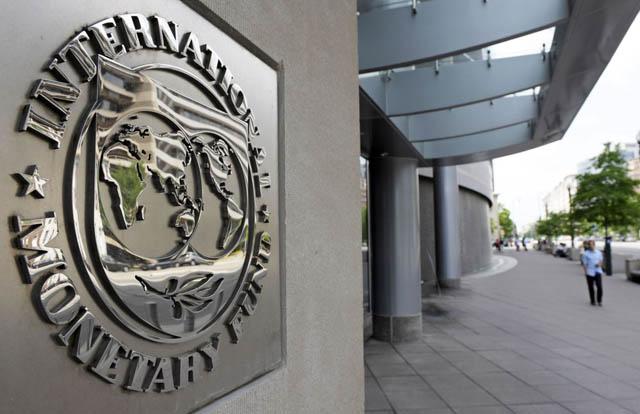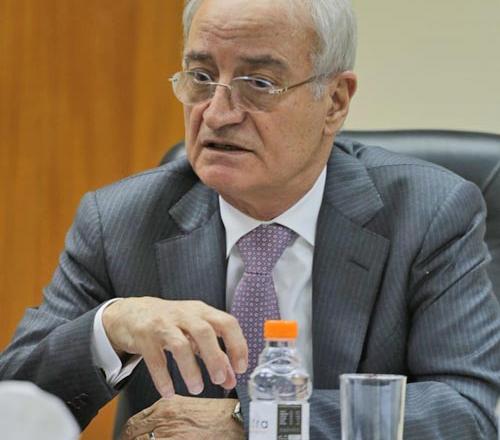You are here
IMF to release $264.7m to Jordan
May 07,2014 - Last updated at May 07,2014

AMMAN – The International Monetary Fund (IMF) on Wednesday said that its executive board has completed the third and fourth reviews of Jordan’s performance under a three-year programme supported by a Stand-By Arrangement (SBA).
In a statement e-mailed to The Jordan Times, the IMF said the board has also concluded the Article IV consultation with Jordan.
The 36-month SBA in the amount of about $2 billion, or 800 per cent of Jordan’s quota at the IMF, was approved by the executive board on August 3, 2012.
The completion of the third and fourth reviews enables the immediate release of $264.7 million, bringing total disbursements under the programme to around $1.3 billion.
Following the executive board’s discussion on Jordan, Naoyuki Shinohara, deputy managing director and acting chair, said that Jordanian authorities remain committed to reforms and prudent policies despite a difficult environment. The fund-supported economic programme, focused on reducing external and fiscal vulnerabilities, remains broadly on track.
“The 2014 budget appropriately targets further fiscal consolidation while protecting the most vulnerable. Measures to increase central government revenue are welcome and should be implemented without delay,” Shinohara said.
He added that contingency measures should be prepared and implemented if expected revenue gains turn out to be lower than expected and fiscal targets appear at risk.
“Looking further ahead, the medium-term consolidation strategy hinges on further tax reforms to rein in rising public indebtedness. The new income tax law should aim at bringing the tax burden in line with that of regional peers,” he said, urging the government to reduce tax incentives.
Continued implementation of reforms in the energy and water sectors is necessary to return the utilities to cost recovery, the IMF official was quoted as saying in the statement.
“Monetary policy should continue to focus on preserving comfortable reserve buffers. While headline inflation has declined in recent months, a rising trend in core inflation calls for a continued cautious approach,” Shinohara said.
He said that faster and more job-rich growth requires regulatory and legislative action to improve the business climate, adding that there is also a need to step up labour market and educational reforms, strengthen public institutions and better prioritise public investment.
Related Articles
A team from the International Monetary Fund (IMF) led by mission chief Kristina Kostial is due to carry out a review of economic reforms in Amman Sunday.
The executive board of the International Monetary Fund (IMF) has completed the fifth review of Jordan’s performance under a three-year economic programme supported by a Stand-By Arrangement (SBA).
Finance Minister Umayya Toukan on Sunday said the ministry has rejected proposals by the International Monetary Fund (IMF) to increase the sales and other taxes.
















